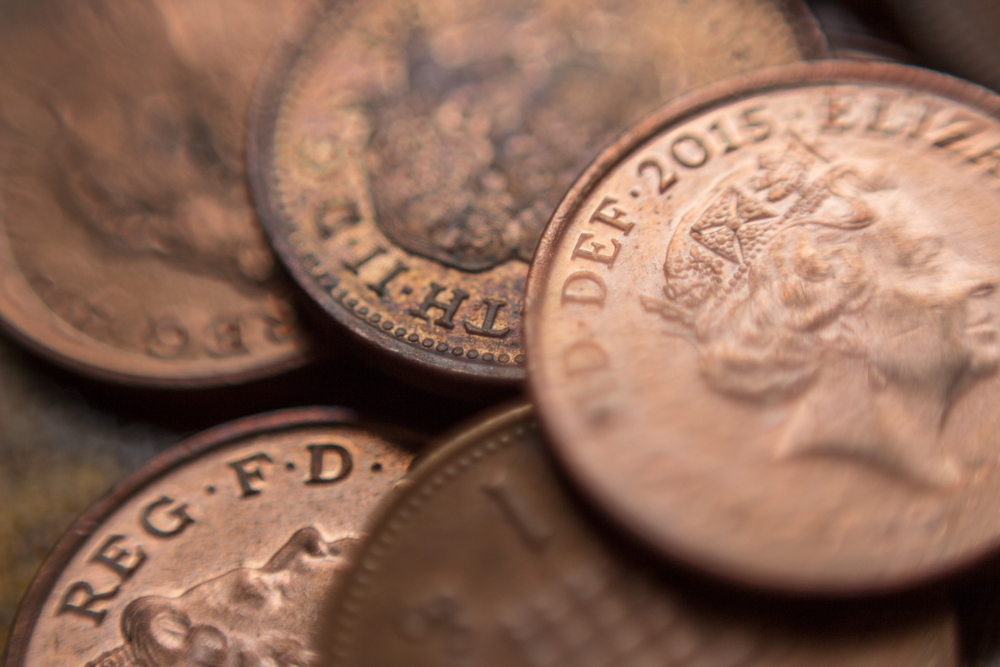Over half of copper coins are used for one transaction only, before being stowed away in wallets or piggy banks. But what does this mean for businesses in the UK?
The year of 18/19 is the first year in decades that no new 1p, 2p and £2 coins have been made due to changes in the way Brits pay for their goods and services.
It is the first time since 1972 that no new 1p coins have entered circulation, the first time since 1984 that there have been no new 2p coins, as well as no new £2 coins.
The Royal Mint releases new coins under instruction from the treasury, which responds to the needs and demands from banks and post offices. In a typical year, the Royal Mint issues around 100 million new 1p coins.
Last year it was discovered that there were already enough of these coins in circulation, meaning there was over 11 billion 1p coins, 2.5 million 2p coins and 494 million £2 coins. Although these coins will continue throughout circulation, their future is in question.
Last year, Chancellor Philip Hammond announced in his spring statement that the Treasury would be reviewing cash and digital payments and the use of coins in Britain’s economy. He stated that it didn’t make economic sense to keep expensively producing coins and notes that are used infrequently. This year the government reiterated that it would not be retiring any denomination – including the rarely used £50 note.
The Royal Mint suggests that the number of copper coins may dwindle as the use of coins is slowing and being replaced by digital payments, including online payments and contactless card payments.
As a result, businesses in the UK are being urged to embrace the future of a cashless society by investing in new payments methods. Speak to our team today for a free quote and start offering contactless payments to your customers!
